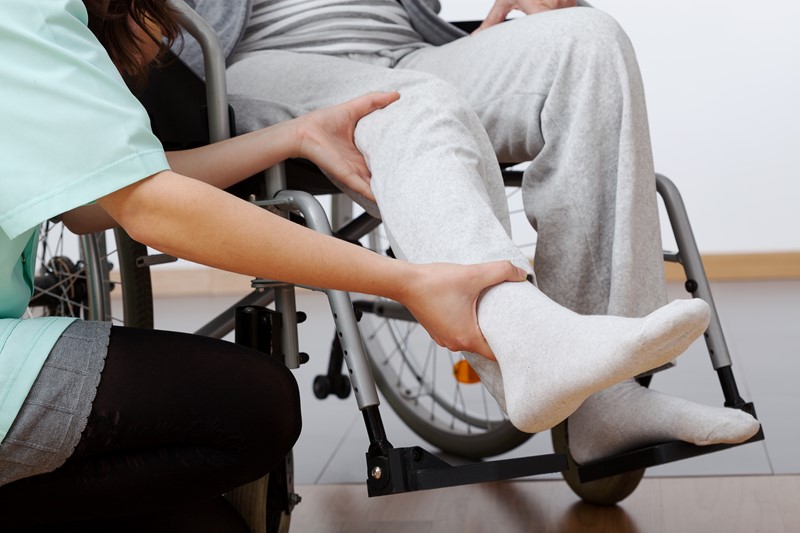We are two years into the local health and care record exemplar programme, which started in 2018, when NHS England announced the first wave of five LHCREs. A further three followed in 2019.
Since then, all eight projects – Greater Manchester, One London, Wessex, Yorkshire and the Humber, Thames Valley, the Great North Care Record, Healthier Lancashire and South Cumbria (which also includes Cheshire and Merseyside) and One South West – have been on an interesting and varying journey; a journey which Orion Health has joined them on.
Orion Health has a significant presence in the LHCRE programme
When it announced the LHCRE programme, the commissioning board said the aim was to move away from having “records distributed across various services” and to “create an information sharing environment.”
It argued that this would help to integrate services, “support other functions, such as population health management and research” and “empower people to… make informed choices about their own health and care.”
Each of the LHCREs has taken different approaches to achieving this. For some, such as Yorkshire and Humber, they are taking a design and develop approach with software being developed from scratch, based on the local technology landscape. For others, such as Greater Manchester where Orion Health has supported the supply of the Rhapsody Integration Engine, there has been a ‘best of breed’ approach taking individual components to develop an integrated care record platform.
Others again, such as Thames Valley and the Great North Care Record, are working to develop their integrated records through a single platform solution from individual suppliers to which other systems and integrated care records will contribute.
In Wessex, there are already mature, local integrated digital care records in the developing Dorset Care Record and the Care and Health Information Exchange (CHIE), which covers Hampshire and the Isle of Wight. Since winning the contract to replace CHIE, Orion Health is working to further develop both care records and also to build out the Wessex Care Record as part of that journey. This will be achieved through information sharing from each of the care records at a local level and will support national record sharing too.
A benefits case (not a financial case) is essential
It is essential that technology-based change programmes in the health sector consider the full benefits case, as they often tend to focus too much on the technology alone. This is a challenge shared with LHCRE development given the technology products and standards involved.
It is important that we do not simply focus on technology for technology’s sake and that each proposed development has a clear and developed benefits case. This should be aligned to the realisation of benefits for health services, for those that help deliver them, the clinicians, and most importantly those that use the services – the patients. Orion Health is passionate about the development of technology, but equally so about the development of robust use cases. The evidence is clear, without a benefits case defined prior to and during programme delivery, technology based programmes fail to deliver.
Clinical leadership and patient engagement are of the utmost importance here. Notably, in our work in supporting the development of the Northern Ireland Electronic Care Record, we have seen the incredible impact of strong clinical leadership, both in developing the programme vision but also in the ongoing delivery of the programme. This in no small way contributed to the resounding success of their national Diabetes Care Pathway, which has a consultant endocrinologist at the helm. More recently we have seen the benefit of patient engagement in the Pathfinder Progamme for Dementia where service users have helped develop the patient portal used as a foundation of the programme, So, when we have been working with our LHCRE customers, we have said: we understand the financial case that you have to make, and we can help with that; and we understand the standards and technology that you need to use, and we can support that; but the thing that will make a difference is the development of a robust benefits case that will deliver for clinicians and patients.
Start small, build out
Developing large scale integrated digital care records is complex and challenging. LHCREs need to consider the use cases not just at the top LHCRE-wide level, but also at the next level down. Any successes within and across the individual organisations that make up their footprints should be considered successes and be celebrated. Additionally, these localised successes should be considered to be fully or part-replicated in other areas where possible.
Using these use cases and technology cases already in place, tested and fully developed, can form the basis for success at a local service level and also at a regional level. As an example, Orion Health worked with Connecting Care in Bristol to use national standards to deliver a FHIR Care Connect profile to share GP medication data with organisations that work with homeless people. This reduced the risk of the danger of duplicate prescriptions being issued for controlled drugs, which can lead to overdoses and other serious adverse effects.
Orion Health has always been committed to the development of open data sharing technology standards and is both a founder member and ongoing supporter of INTEROPen, the consortium set up to accelerate their development and adoption in the health service. INTEROPen was a key player in the development of the FHIR Care Connect profiles.
Joint working and the sharing of ideas across the health service also promotes the development of each care record. The development of the comprehensive Diabetes Care Pathway in Northern Ireland has led to the assessment of that technology for the Dorset Care Record, who have in turn developed a Dorset-wide maternity pathway.
The full ambition of the LHCREs could not be realised in two years, but the foundations to population health management are being progressed in each case. At Orion Health we support our customers through that journey with our interoperability and data maturity model. The model progresses through steps from the acquisition and aggregation of data, through accessing and acting on data, to the levels of population health management and patient workflow management. These foundational steps can be built on with machine learning and artificial intelligence which depend on a wealth of data to learn and refine functionality for a fully intelligent platform.
Patience is a virtue: big, complex programmes of work take time
What this really demonstrates is that the LHCREs are large complex programmes of change, and that they take time. They require more than two years to be developed. Two years feels like time enough only to start the development, rather than a timescale for anything beyond that.
The real impact of the programme has been to normalise the idea of interoperability, and to develop some useful, national standards for doing it. It has started to create the foundations for data, so we can start to think more about what population health management means and about the role of advanced data techniques in machine learning and AI.



